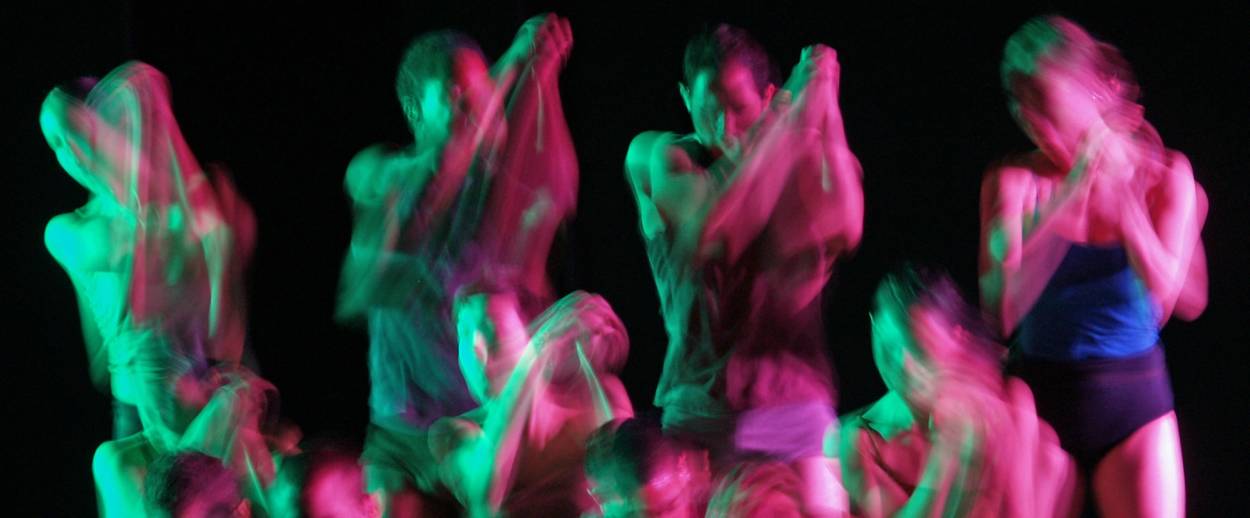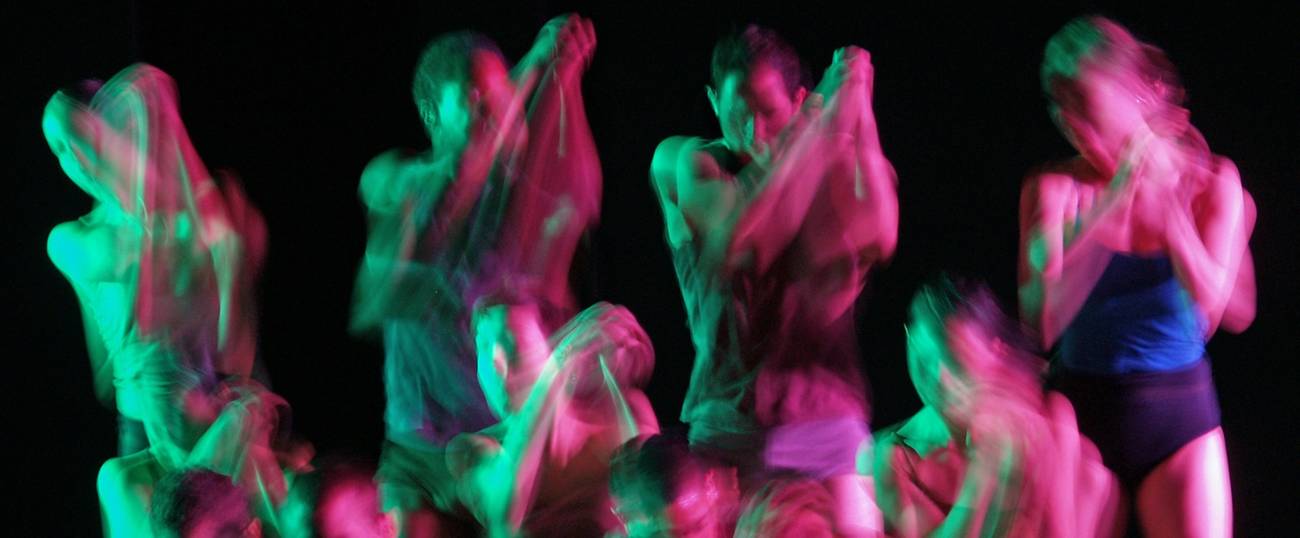After a 27-year tenure with Tel Aviv’s Batsheva Dance Company, during which he launched Israeli dance onto the international stage, Ohad Naharin has announced that he’s serving as its artistic director for only one more year. Starting September 2018, he will be focusing on choreography, refining his world-renowned dance language known as Gaga.
With Gaga, Naharin threw out words like box step, pliés, and jazz hands in favor of sounds and phrases that embodied the movement he wanted from dancers. A 2015 New York Times profile on the choreographer gave some examples, such as “‘yoyo’… which is like sucking your cheeks together but with your stomach and rectum,” and “boya,” or “‘spaghetti in boiling water.’ ” (Other examples the article gives are of a different nature entirely: “‘Bibi’ meant moving with the sensation that ‘nothing is permanent.’ ” The article goes on to say it was later “fittingly” scratched out from their lexicon.) Naharin and his artform are also the subject of a 2015 documentary titled Mr. Gaga. It details his life, from growing up on a kibbutz, to fighting in the Yom Kippur War with the IDF, to when Batsheva Dance Company’s artistic adviser and modern dance legend Martha Graham fell in love with him.
It’s interesting to note that dance seems to be the only realm of Israeli art that can exist without political connotations. While Israeli film, literature, music, and visual arts often become entrapped in its historical and socio-political landscape, dance has remained unequivocally and unapologetically abstract. Naharin has said so himself. He told Tablet writer Stacey Menchel Kussell about “the universality of his work with Batsheva, calling it ‘a sort of oasis in Israel, a place in which nationalistic, ethnic, and religious connotation play no role in what influences and guides us.’ ”
Once Naharin steps down, the position will be filled by Gili Navot, a former Batsheva dancer and rehearsal director. He’s not worried about the future of Batsheva Dance Company. In a letter he wrote to subscribers and donors, he expressed his faith in Navot’s leadership capabilities and vision. “I am certain that this step is an improvement which will enable us to contend successfully with our challenges,” he said, “new as old.”

